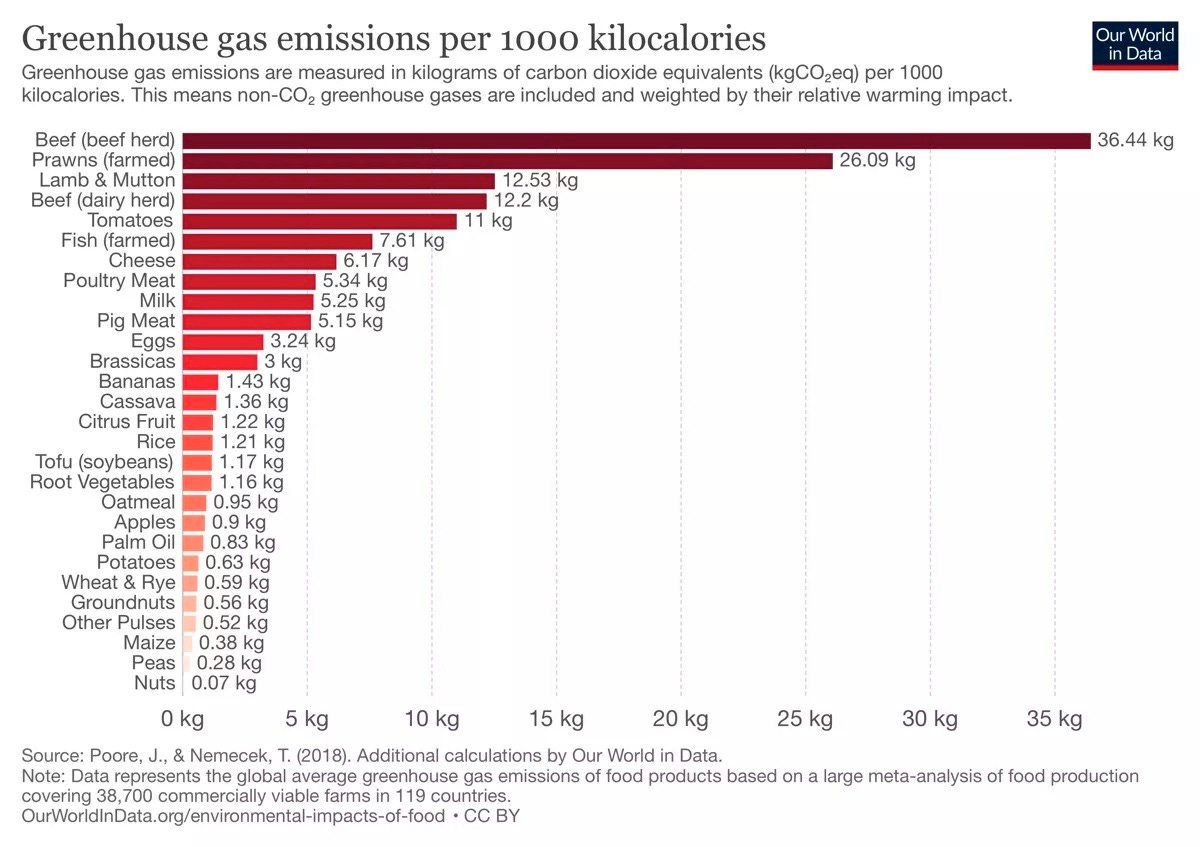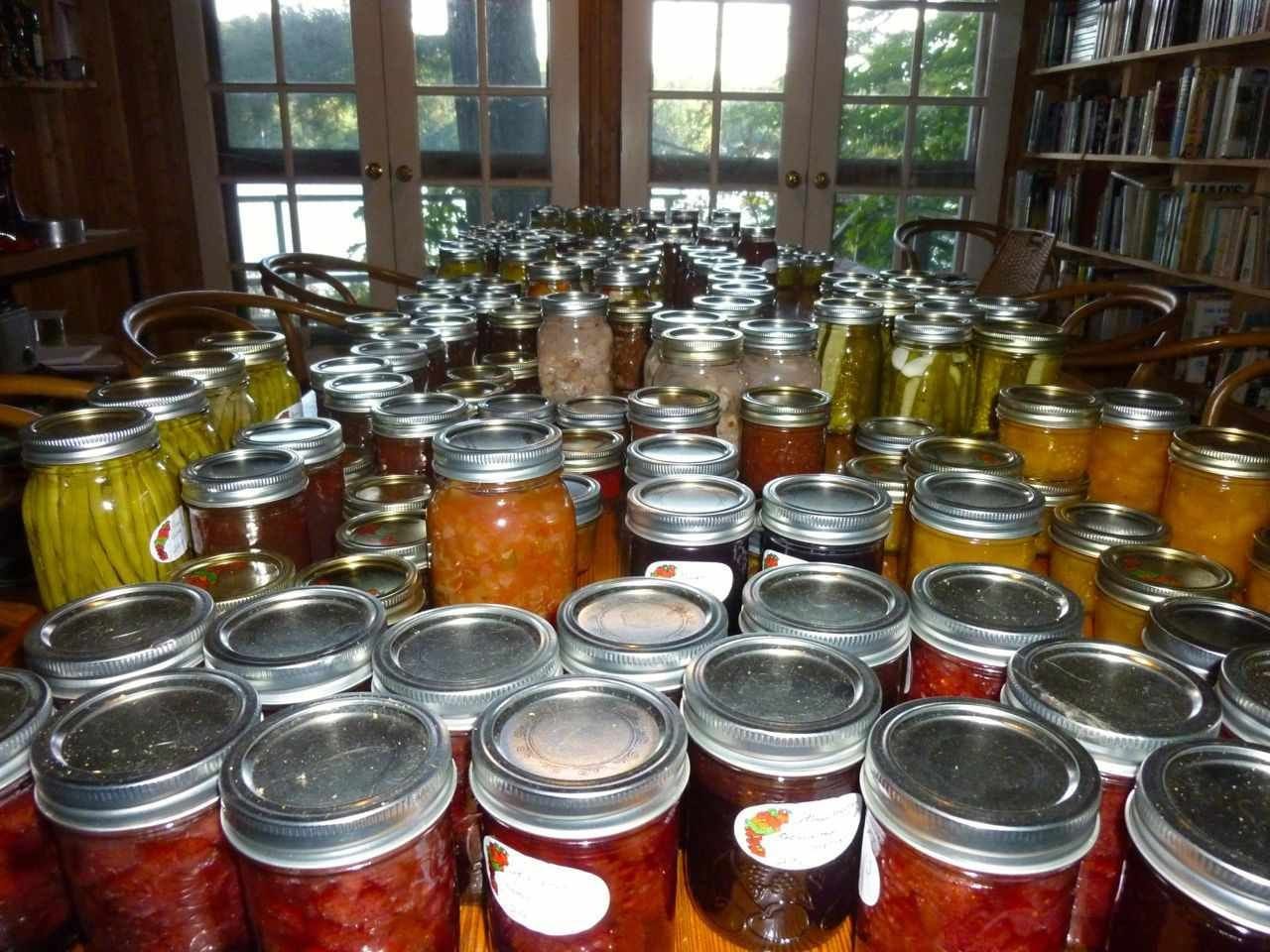Stop eating fossil fuels and tune in to turnip.
If you are eating hothouse tomatoes, you are eating natural gas. If you are eating imported tomatoes, you are dining on diesel.
Headlines in UK papers ask, "Why are UK supermarkets facing fresh food shortages?" Or "UK food supplies could face impending rationing and panic buying." Everyone is screaming or laughing at Environment Secretary Thérèse Coffey for suggesting that "people could eat turnips – saying seasonal eating would solve the shortage of tomatoes and other fruit and vegetables."


Another member of Parliament said, "if we were actually to move to a seasonal line of eating, many of these problems would be avoided… there are great food products available from local farmers at this time.”
Now I hate to say it, but these Conservative politicians have a point. One has to ask, why the hell are people eating tomatoes in February anyway? Look at Our World in Data on the greenhouse gas emissions of foods per thousand food calories, and tomatoes are up there just after beef, with twice the emissions of chicken or pork! That's natural gas for heat and electricity for light in the greenhouses where they are grown. That’s why we should be eating a seasonal diet, like everyone did before we started eating fossil fuels.
Years ago, when my wife Kelly was writing about food for a now-dead website, and again when I was writing my book, "Living the 1.5 degree lifestyle", we tried to eat a low-carbon 19th century Ontario diet, which would be pretty similar to an English or Scottish diet, since that is where everyone came from. I wrote in my book:
"Ontario has a short growing season and a long winter (much longer in the nineteenth century), so the diet was wildly variable. In the spring, the asparagus was succulent and wonderful. In July, the strawberries were to die for, bearing no resemblance to the wooden ones from California. In August, tomatoes. So many tomatoes, in so many salads and pastas. Kelly would buy them and everything else by the bushel, and spend weeks canning them to get us through the winter.
By December or January, it was a different story. Potatoes. Turnip. Parsnips. More turnip. Root vegetable after root vegetable. There are many interesting ways to cook a potato or a turnip, but by March we were counting down the days until asparagus."
But I now love turnip, and the excitement and pleasure that comes with the first asparagus or corn or blueberry of the season. And all these years later, we never buy Mexican or hothouse tomatoes; we still have jars and jars of them from last summer's canning.
In the Netherlands, 8% of the country's natural gas goes to heating 25,000 acres of greenhouses. In the UK, the biggest grower of hothouse tomatoes has turned out the lights because of the cost of power. We are having these problems mostly because we are eating fossil fuels, not food.
This is not just a British problem. Here in Ontario, Kelly reports that the pickings are thin and the food is expensive. According to the Star, “Meat prices rose by 7.4 percent, their highest increase since 2004, while baked goods (15.5 percent), dairy products (12.4 percent) and fresh vegetables (14.7 percent) saw double-digit increases.” This is due to drought in California and increases in the cost of fossil fuels, inflating fertilizer, refrigeration and transportation costs.
Meanwhile, the crops in Spain and Morocco have been hit by weather issues that have reduced the yields there. Climate change has a big role to play in this too.



And of course, there is Brexit. But none of this changes the fact that we should be eating food, not fossil fuels, and that the path to a low-carbon diet is local and seasonal.
If you are eating hothouse tomatoes, you are eating natural gas. If you are eating imported tomatoes, you are dining on diesel. We can’t do this anymore. And we don’t have to; you can have a rich, varied, and nutritious diet without fresh tomatoes in February. And turnip is yummy.






Hey Lloyd, sorry to hear about your departure from Treehugger; you were the main writer of substance there and your consistent energy in bringing relevant information, studies, policies, and articles was impressive and helpful. TH seems to be a bland site without you. Good luck moving fw!
What's unnatural about using natural gas to heat a greenhouse in the winter? Have you looked at the rising population data recently? The world can't live on turnips and potatoes.